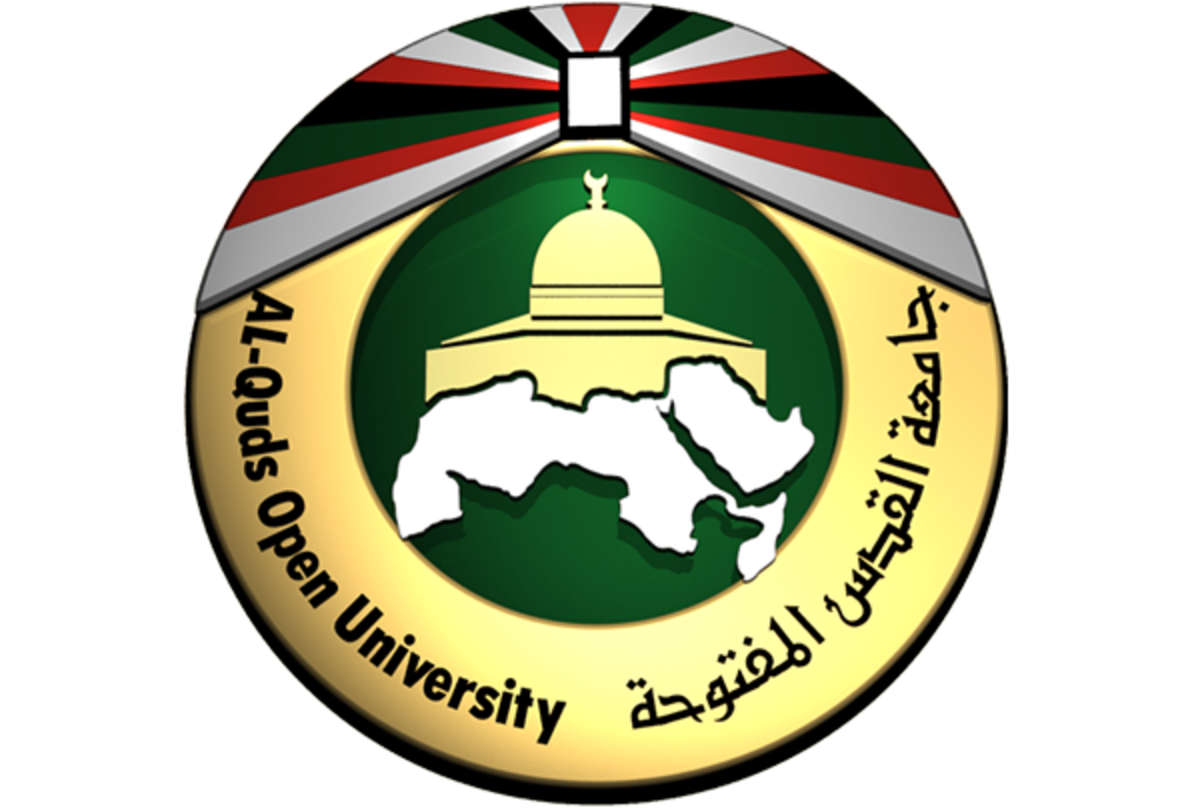Journal of Al-Quds Open University for Educational & Psychological Research & Studies

Abstract
Societies suffer from cultural invasion and globalization, especially after technical and technological development, which poses a threat to educational values because of extraneous ideas and values stemming from different cultures and affecting the educational values of the children of these societies. These societies require a reliable contemporary educational approach that calls for a return of attention to the development of educational curricula and practice at schools, with the values of education and its moral dimension. The study aimed to reveal the level of the educational curricula’s role in acquiring Islamic educational values in its five dimensions: Faith, social, intellectual, psychological, and health for secondary school students in Saudi Arabia from the point of view of students and teachers. The research relied on the descriptive - analytical approach. A scale for Islamic educational values was developed. The research sample consisted of 469 students and 168 teachers who were chosen randomly. The results showed all dimensions and values obtained a high degree except for three values that came with a medium degree, social solidarity, self - accountability, and acceptance of criticism. There were statistically significant differences attributed to the category of student/ teacher in favor of students, and the views of students were the highest in terms of arithmetic averages in all dimensions and all Islamic educational values addressed by the research. Regarding the arrangement of dimensions or values, the opinions of students and teachers agreed that some shared the same order.
Recommended Citation
Al-Hazmi, Aied Mohammad and Al-Shrifeen, Emad Abdallh
()
"The Role of Educational Curricula in Secondary School Students’ Acquisition of Islamic Educational Values from Both Students and Teachers’ Points of View,"
Journal of Al-Quds Open University for Educational & Psychological Research & Studies: Vol. 13:
No.
38, Article 12.
Available at:
https://digitalcommons.aaru.edu.jo/jaqou_edpsych/vol13/iss38/12

